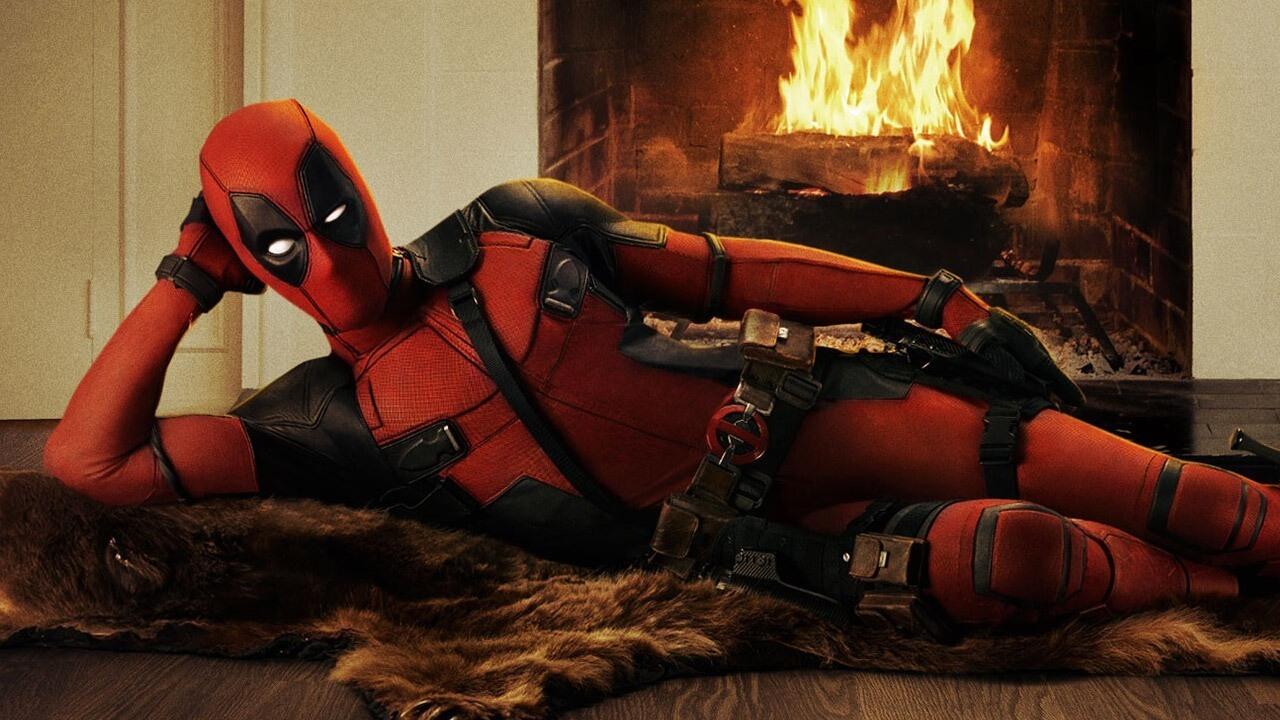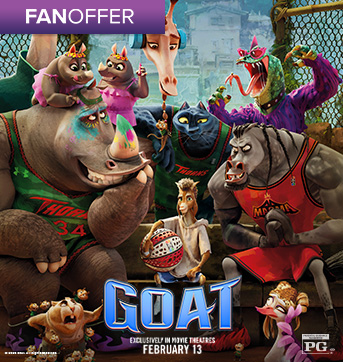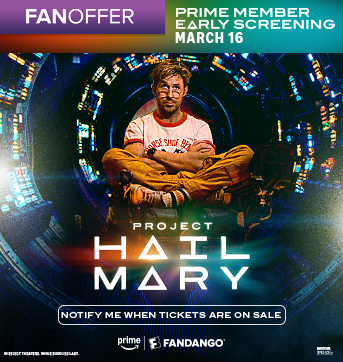
Just days before it was formally announced that director Tim Miller and producer Simon Kinberg would be taking another dip in the wacky waters of Deadpool, the filmmaking duo sat down with Fandango in advance of the R-rated superhero film’s home video debut (available for digital download and on Blu-ray and DVD May 10).
They’d been counseled to keep their cards close to the vest when it came to any future adventures of the mutant Merc with a Mouth. But they weren’t shy about revealing the key lessons they learned making a movie the studio never imagined would score so huge at the box office, including the one factor they hope to stick to: making the fans happy.
Fandango: How much of a game changer is the R-rated aspect of Deadpool’s success? Especially as you work on the X-Men franchise.
Simon Kinberg: I think it does change the way that studios approach the notion of doing a bigger budgeted R-rated movie. Not just in the superhero genre. My hope is that, having grown up on Terminator and Lethal Weapon and Beverly Hills Cop and Die Hard and the Alien movies – like, all my favorite movies growing up, the majority of them are R rated. So I do think it’s going to change, it’s going to make it a little easier. It won’t take every movie 10 years of fight to get green-lit.
In terms of the X-Men movies, I think there’s some titles within the X-Men universe where it’s appropriate, exactly appropriate, to do R rated. There are some titles that actually make more sense as a PG-13. Like, New Mutants to me should be a PG-13 movie, and Wolverine is something that we’ve always talked about potentially as an R-rated movie, and we started talking about well before Deadpool came out and committed to making the next Wolverine R rated before the success of Deadpool. It’s something that Hugh Jackman has always wanted to do and Jim Mangold wanted to do.
So like I said, there’s some that want to be PG-13, there’s some that want to be R. It’s just now we’re in a universe probably where we can more easily convince the studio to go R when the material warrants it.
Fandango: Tim, for your next move are you sticking with Deadpool? Or do you want to do something totally different before you come back?
Tim Miller: I love this character, and I love the team of filmmakers that I worked with. So I would love to tell another story with Deadpool. I’m a Marvel boy hard-core for a long time, but I fell in love with the X-Men – John Byrne’s run, the new X-Men – in issue 96 when they came out. Those were the first books I bought. I begged Simon many times to let me do the Dark Phoenix Saga the way it should be done, and the Blue Area of the Moon, and fighting Gladiator. Yes, I would love to do that, but so would any nerd.
But I do have a lot of interest beyond comic books, and I have some other projects. I pretty much cover the full nerd spectrum of sci-fi and fantasy, and comic books is just part of my geeky obsessions. So yeah, and I’m starting late. So I’m way behind, man.
Fandango: Ryan Reynolds kept the faith when a lot of other actors would have walked away. Tell me about why he was the ideal guy to make this character come to life.
Miller: I think if you spent five minutes alone in a room with Ryan, that question would answer itself. He’s got the same sense of humor. I mean, it’s the same irreverence. It’s the same sort of dark twist to things. Ryan said it before: I think he hides, he uses humor as a protective mechanism.
But I also think that Ryan is a humble guy, and I think that he feels insecure on a lot of levels that I think Deadpool feels that same thing. And it’s like, if you’re the greatest mercenary in the world, and you’re still very humble, imagine Ryan, as good looking as he is, as adept as he is physically, still insecure. I think that’s why he’s a good guy, and that’s why he identifies with this character.
Kinberg: It’s also interesting: we had the MTV Movie Awards the other night, and Ryan was nominated for best action hero, and best comedy performance. There are not a lot of actors – not just that exist right now, but in history – who are legitimate action stars where you feel like they could win a fight with anybody you put them in the room with. And also, legitimate, just straight comedy actors.
Miller: And dramatic too.
Kinberg: Yeah, and dramatic too. To be able to do all those things, with Deadpool specifically… I would define it as an action-comedy, you need somebody that can do both.

Fandango: You convinced the studio to take a risk to make this movie and it paid off big. As filmmakers, what did you learn from the experience?
Kinberg: That the studio should listen to the fans. That when there is enough clamor for something, it’s because that thing is special. Even if it seems dangerous and scary and different, it may be because of those things that it will be successful.
Miller: I learned—just as a filmmaker—to follow my gut. There’s nothing on-screen there that I didn’t think should be on-screen. I feel proud of that.



















